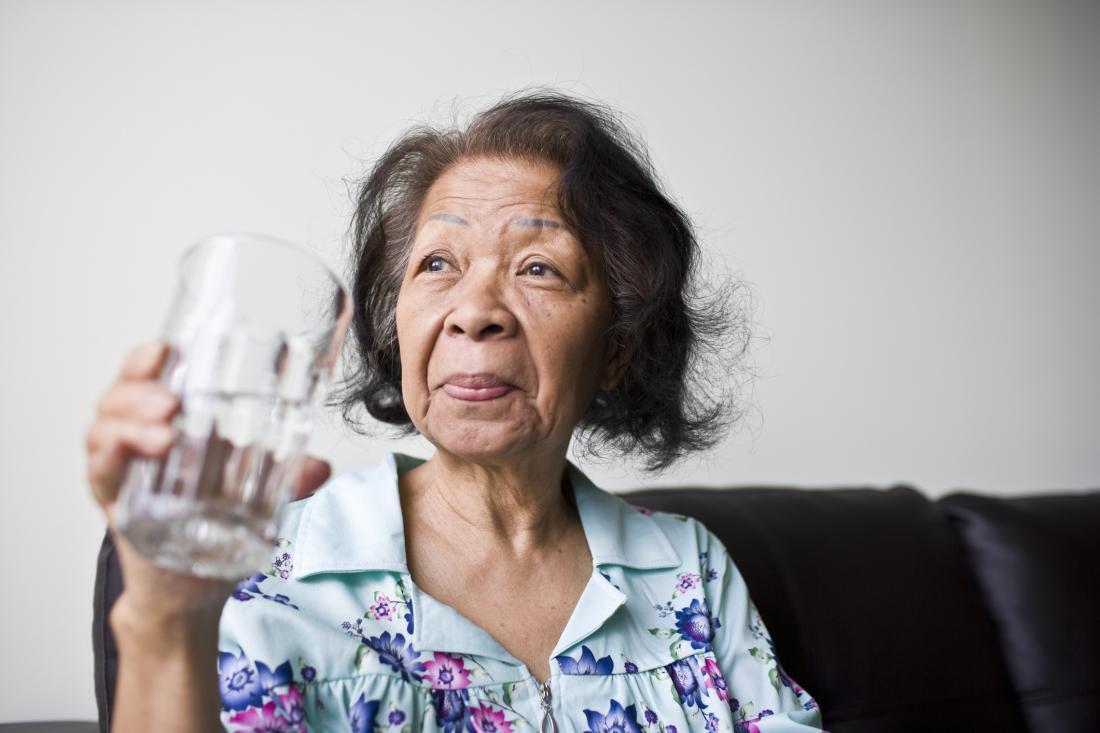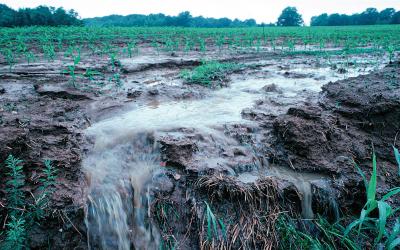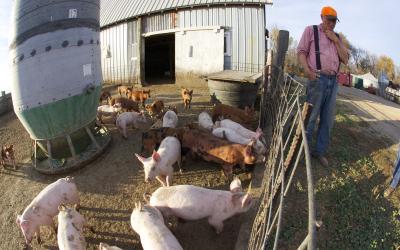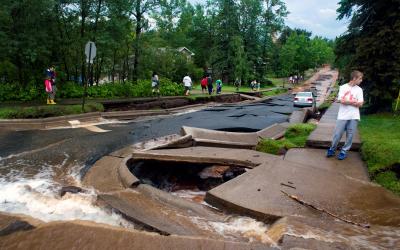The older the person is, the greater the risk for a heat-related illness—and older adults are a growing segment of the population in Minnesota.
The Department of Health reports that extreme heat events – a period of time that is substantially hotter and/or more humid than averages for a particular location – are already occurring in Minnesota. Extreme heat events are expected to become more common, more severe, and longer-lasting as our climate changes, especially if we do not act quickly to reduce heat-trapping emissions.

Why should you care about more hot days? Consider this: between 1979-2003, more people in the U.S. died from extreme heat than from hurricanes, lightning, tornadoes, floods, and earthquakes combined. Compared to the headlines generated by other extreme weather events, illness and death from extreme heat is often underreported and the risks are less understood.
Extreme heat events can cause a range of health problems from relatively minor health issues, like a heat rash, to life-threatening conditions like heat stroke and even death. Pre-existing medical conditions, including obesity, cardiovascular disease, and respiratory disease conditions like COPD or bronchitis, can make a person more vulnerable to extreme heat. Extreme heat in urban centers like the Twin Cities can cause dangerous living conditions, but heat-related illness is also a risk for rural populations, where occupational exposure to heat and access to health care is a concern.
Minnesotans aged 65 years and older are more vulnerable to negative health outcomes from extreme heat events than younger adults. The aging process naturally decreases the body’s ability to thermoregulate, or adjust to unusually high temperatures. Older Minnesotans who live at or below the poverty line are particularly vulnerable because they are less likely to have air conditioners or may have difficulty paying higher electricity bills to keep one running during an extreme heat event. Using certain medications, living in top-floor apartments, living alone or in long-term care facilities can also increase older adults’ susceptibility to heat-related illness.
More information:



